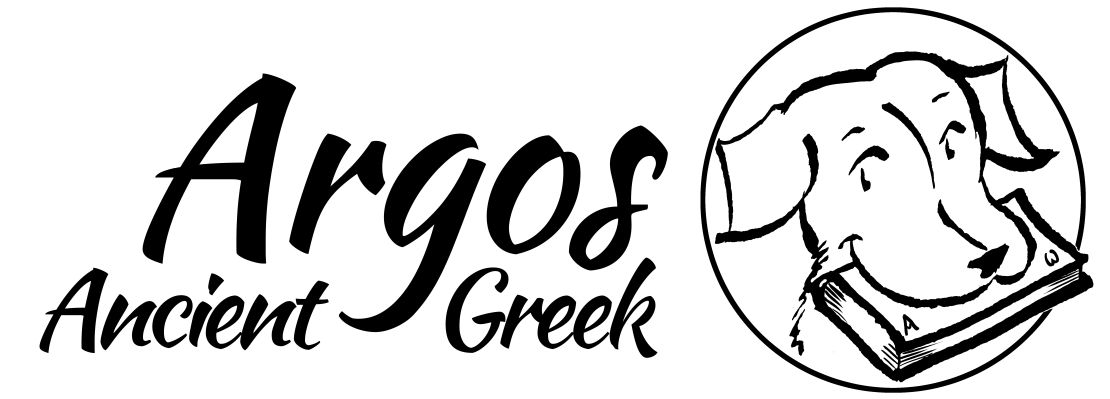By Lee Lanzilotta

I learned Ancient Greek in an intensive online course which was, admittedly, kind of hellish. The fact that there was a heatwave at the time where I live and my apartment didn’t have air conditioning certainly added to the inferno-esque vibes. I kept having to turn off my camera to go get water, in order to not pass out. I also needed to memorize around 25 words a day plus all the grammar just to follow what the teacher was saying. Then there was the homework – so much homework! – and of course the readings. My usual trick of trying to write a sentence using each new word or drawing pictures just wasn’t enough even though I did nothing but study. Some nights I ended up staying up until four in the morning, sweating like a pig, making these awful illustrations of farmers tripping over stones.

After weeks of this madness I remembered that, in the course I’d taken on part two of Lingua Latina Per Se Illustrata, the teacher had given us a link to Memrise flashcards. This had helped me immensely. I decided to see if someone had made something similar for the Italian version of Athenaze, our textbook. To my delight, I swiftly found a deck specifically designed for Latin speakers. I found these flashcards to be especially helpful because they include audio recordings of each word, albeit with a distinct American accent. For me, listening to the words really helped me memorize them. I also tried to get into the habit of repeating them outloud to myself. The only issue is that, for whatever reason, these flashcards only go up to chapter 10. Also, for those of you who don’t speak Latin, they are probably not very useful.

Luckily, there is also an Anki deck for English speakers, which includes all vocab from both books of the Italian Athenaze. While it lacks audio, it is complete and, as far as I can tell, correct. Plus Anki makes it really easy to record yourself reading the word out loud, so you can easily add audio yourself. I would strongly suggest adding pictures, too, for as many nouns and verbs as possible. Images help one link words to concrete concepts. You can just screenshot photos from Wikipedia or Google images – that’s what I do.
Once you start reading on your own, you should also make a separate Anki deck for any interesting new vocabularly you come across. When I read Latin or Ancient Greek, I make flashcards for every new word I need to look up. I also try to use the word in a sentence, although I am not as consistent about this as I should be. This has helped me acquire a decent vocabulary in a relatively brief period. However, you have to commit to spending time every day reviewing your flashcards. Anki is a really useful tool for us language nerds if we remember to use it. Luckily, that’s not so difficult. If you have it on your phone, you can study your cards while you wait in line at the grocery store or at the bus stop.
When learning Ancient Greek during that summer course – which I would not suggest, unless you are insane and willing to do nothing but study Greek and attend Zoom classes for two months – I used the Memrise cards to learn the words in the first place, then the Anki cards to reinforce what I’d learned and, later, to learn the vocabulary in the later chapters (however, I found this slightly less helpful for the intensive course due to the absolutely mad pace). Anki is designed to help you remember vocab in the long term by slowly reinforcing them over many weeks, making it fairly unsuited to the kind of binge-studying I would do before class. Still, both flash card apps have their merits and are worth checking out.
Also, believe me – if you are nuts enough to sign up for a summer course as crazy-intense as the one I took, start learning the vocab with flashcards before you show up to class.




